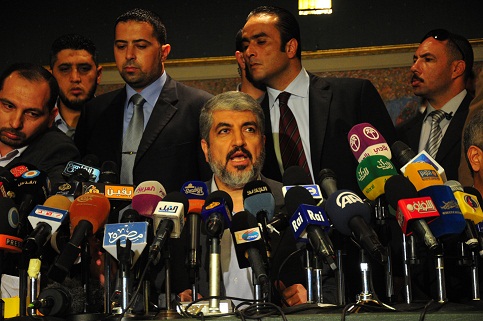Egypt’s Prime Minister Mostafa Madbouly reviewed a report prepared Minister of Culture Nevine Al-Kilani regarding the graduation of the second and third batches of the Industrial Egypt initiative on 10 October.
The PM stressed that the Industrial Egypt initiative is one of the most important cultural initiatives launched by the Egyptian state in recent times and mainly aims to consolidate the Egyptian identity and preserve its unique creative features and legacies, reflecting the country’s interest in the value of its citizens based on the fact that culture is the basis of Egypt’s soft power, the main supporter of human capital, and the main catalyst for innovators and entrepreneurs.
In her report, Al-Kilani indicated that the ministry adopted this initiative based on the invitation of President Abdel Fattah Al-Sisi in 2019 to train young people in traditional handicrafts and vocations to protect and revitalise the country’s heritage.
The initiative is supervised by the Cultural Development Fund, which began its activities in mid-2019.
Al-Kilani further explained that the initiative aims to preserve and protect heritage crafts from extinction, in addition to training new cadres of young people to be able to master the practice of these crafts with high efficiency, drawing inspiration from the spirit of heritage in works that fit the current times to enable them to establish special projects in the field of heritage crafts, thereby improving their income, developing the national economy, and meeting the needs of local and global markets for those products.
In light of this, the minister indicated that the number of young people who were accepted in the second batch, whose training began in October 2020, reached about 75 young men and women, and the number of those accepted in the third batch, which began in October 2021, reached about 80 trainees.
The batches received training throughout the study period in the basics of design and decoration, as well as the elements of creative design and calligraphy.
She added that the training programme also included field visits to a number of archaeological and art museums to learn about the history of traditional crafts in Fustat, which included insights from senior professors and specialists from the various faculties of art. The Medium, Small, and Micro Enterprise Development Authority (MSMEDA) also cooperated in supervising the training.
Furthermore, Al-Kilani confirmed that the training included a specialised course for students in the field of entrepreneurship, small projects, and marketing, which will help them start their own projects and gain experiences that will enable them to enter the labour market.
Finally, she noted that the crafts targeted by the training included the making of ceramics, grafting, tents, copper works, and traditional ornaments.




